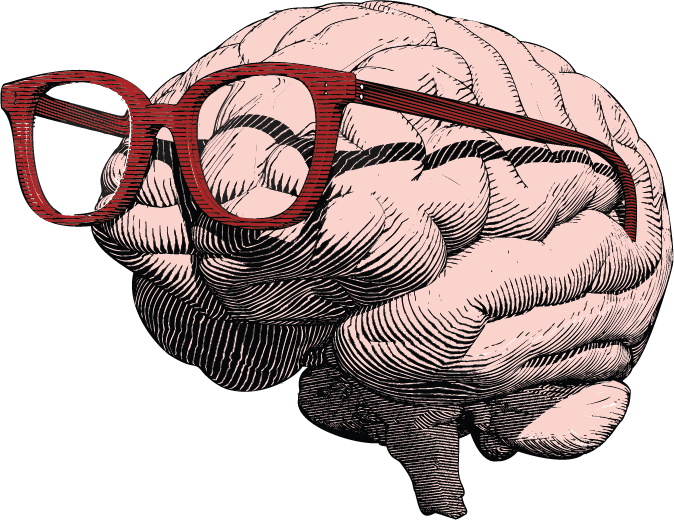
Dental care is an essential aspect of our overall health. At the same time, many people struggle to access it due to its high cost. According to a recent study, over one-third of Americans don't have dental insurance and face challenges when they need to receive the necessary treatment. Dr. Sarah Lee is here today to speak about the issues in dental insurance and financing, stress the importance of regular visits to the dentist, highlight the cost of dental care, and pay special attention to the consequences of neglecting oral health.
Dr. Sarah Lee, a dentist with over 15 years of experience, states that America is still struggling with an oral health crisis. "Although oral health has improved greatly over the past 75 years, it's still far from ideal, especially for low-income families," - Dr. Lee says. "Oral health is not a priority for many households. Its high cost elevates dental treatment and diagnostics to a luxurious category, although it's still a necessity. Just think about it. Over 9.6 million children across America aged between 2 and 19 years have untreated decay. At the same time, caries is still the most common cause of premature tooth loss."
However, Dr. Lee believes that the impact of high costs on prioritization is not the only reason why people neglect dental check-ups. "The lack of knowledge about the importance of early diagnostics and treatment and a low number of providers in some areas are also among the reasons. More than that, we can't blame families for misprioritization, while oral health is not a priority for our government. Since most people need some additional dental financing to cover their oral-health-related expenses, we can say that our system is still far from ideal."
And it's really a point. Dental insurance experts note that dental care is often not included in standard health insurance plans, so patients have to pay for it out-of-pocket. "Dental insurance is typically sold separately from medical insurance and can be expensive," says Dr. Lee. "That is why patients postpone dental visits and often face serious consequences."
We should also keep in mind that getting regular dental check-ups is not just a whim or a way dentists earn money from you. First of all, it's an investment in your future health and sometimes a way to save money in the long run. "Regular dental visits can help detect and prevent dental problems before they become severe," says Dr. Lee. "It's essential to receive routine cleanings and check-ups to maintain optimal oral health and avoid more expensive and invasive procedures down the line."
Neglecting oral health can lead to severe dental problems, such as gum disease, tooth decay, and tooth loss. According to the Centers for Disease Control and Prevention, one in four adults has untreated tooth decay, and one in five adults has untreated gum disease. These conditions can worsen over time and lead to costly and painful procedures such as root canals, extractions, and implants. Just take a look at the consequences of delayed dental treatment:
- Pulpitis. This disease comes with pronounced pain and requires canal filling;
- Periodontitis. Periodontitis is the tissues of a diseased tooth become very inflamed;
- Dental infection, gum and facial area inflammation;
- Cardiovascular diseases and joint disorders. It may surprise you, but the fact is that harmless at first glance caries is a source of chronic infection in our body. It can result in very serious and unexpected consequences;
- Chronic allergic reactions. Untreated infection adversely affects the state of immunity and can cause various allergic reactions;
- Gastrointestinal diseases. Untreated teeth affect the way you chew food. People who suffer from toothache usually swallow food almost without chewing it. This has a direct impact on the condition of the stomach.
Dr. Lee adds that neglecting oral health can also have broader health consequences. "Poor oral health has been linked to systemic conditions such as heart disease, stroke, and diabetes," she says. "By neglecting oral health, patients put themselves at risk of developing these conditions."
Thus, it's definitely the right time for dental care to be considered essential in US health care policy.
